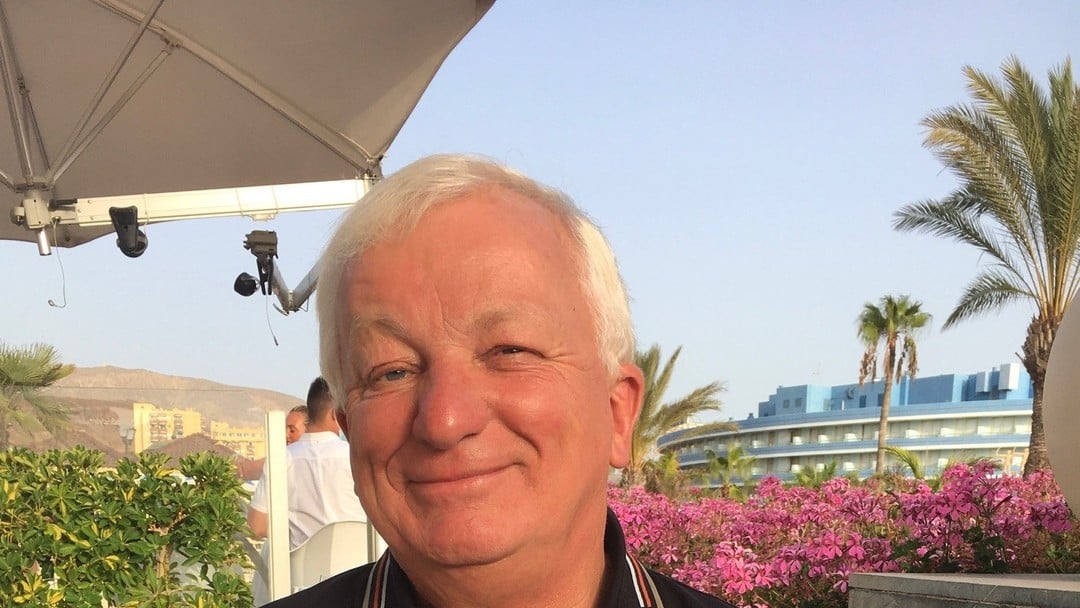Thousands of preventable deaths due to communication failures in healthcare

By Law News
The recent case of David Horsman, a 65-year-old retired engineer, tragically highlights the critical impact of communication failures in healthcare and the need for stronger action from the legal community to arrest these blunders
David died following a cardiac arrest at Royal Bolton Hospital, a death the coroner concluded was due to "misadventure contributed to by neglect." This tragic incident highlights broader issue within the healthcare system, where miscommunication has repeatedly led to preventable deaths and serious illnesses.
Although these failures are as a result of the NHS atrocious management, the legal community needs to use its powers through the judiciary to bring these alarmingly high incidents to a close, by fining and even imprisoning healthcare workers and the managers responsible for such woeful neglect of their duties.
David Horsman suffered a cardiac arrest in a mobile CT scanner unit on 28 March 2022, after an anaphylactic reaction to a contrast dye used during his scan. The radiographer's emergency call to the hospital switchboard was mishandled, resulting in the crash team being sent to the wrong location. Despite two further calls, the critical care team arrived 17 minutes late, leading to David’s death the following day. Coroner John Pollard noted that with proper and timely communication, David’s death could have been avoided.
This is not an isolated incident. Research and healthcare reviews have repeatedly shown that poor communication is a significant factor in many preventable medical errors. According to the Joint Commission, communication failures were at the root of over 70% of serious adverse health outcomes. Miscommunications can occur at various points in the patient care process, from initial diagnosis to treatment and emergency response.
A study by CRICO Strategies analysed malpractice cases and found that communication failures were a factor in 30% of cases, resulting in 1,744 deaths and $1.7 billion in malpractice costs over five years. In another study by Johns Hopkins, it was estimated that medical errors, including those related to communication failures, are the third leading cause of death in the United States, accounting for more than 250,000 deaths annually.
David's widow, Jane Horsman, expressed her devastation and disappointment with the Royal Bolton Hospital, saying, "To hear of the circumstances surrounding David’s death, the failings at Royal Bolton Hospital, have sickened me. I expected that David would be safe and would have trusted the hospital staff to take good care of him if something went wrong. Something did go wrong, but the hospital let David and his family down."
Stephen Jones of Leigh Day, who represented Jane Horsman, emphasised the preventability of such tragedies. "Listening to the call recordings being played in court and hearing how things went so tragically and unnecessarily wrong was very upsetting. The process for calling the crash team was quite straightforward but was simply not handled properly."
This case calls for urgent improvements in communication protocols within healthcare settings. Hospitals must implement and rigorously enforce standardised communication procedures, provide thorough training for staff, and ensure robust systems are in place to prevent such errors. Improving communication can save lives, prevent serious illnesses, and restore public trust in healthcare systems

